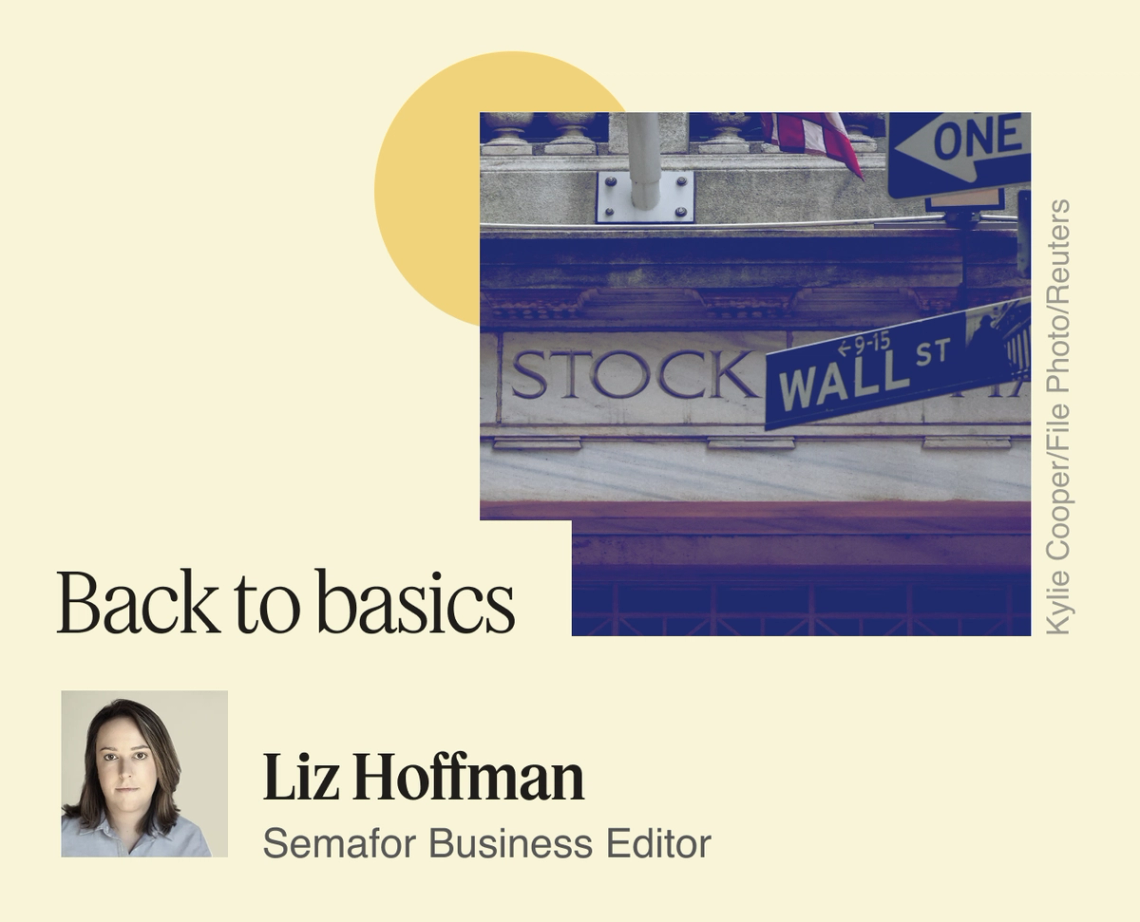 When Basic Capital came out of stealth mode earlier this month, my reaction was equal parts “neat” and “oh, dear.” It is, essentially, a mortgage on your 401(k), lending you $4 for every $1 you contribute. Instead of investing primarily in stocks, Basic Capital’s retirement accounts mostly hold loans, whose interest payments can ideally cover customers’ own borrowing costs. Bloomberg’s Matt Levine has done the math, so I won’t repeat it, except to say that the 8.5% yield that Basic Capital assumes its credit investments would generate will require buying some awfully risky things, something its founder, Abdul Al-Asaad, acknowledged when we sat down last week. But the broader problem he’s trying to solve — wealth inequality and a ticking retirement time bomb — is having a moment in both Washington and Wall Street. What was once a talking point for the Occupy left is getting a tailwind from a MAGA movement that won by tapping into grievances from those left behind economically. “You’re detached from the economy, and you don’t feel like you’re winning,” BlackRock CEO Larry Fink told me in March, when he suggested private investment accounts as a better option than Social Security. Republicans’ “big, beautiful” tax bill includes 401(k) accounts for kids, seeded with $1,000 from the government, to give more people “a stake in the American free enterprise system,” Sen. Ted Cruz told my colleague Burgess Everett. Al-Asaad is adding his voice to the discussion around America’s looming retirement crisis. It’s a more interesting one than his Goldman Sachs-Harvard Business School resume suggests: He’s a Palestinian whose upbringing in Syria gave him a serious distrust of government solutions. His answer to the problem is: leverage, which he says, correctly, is “just a tool.” Used responsibly, it brings economic security within reach for more people. Runaway, it ends badly. You can read more from our conversation below, including why his dream is “a Fannie Mae for retirement.” |